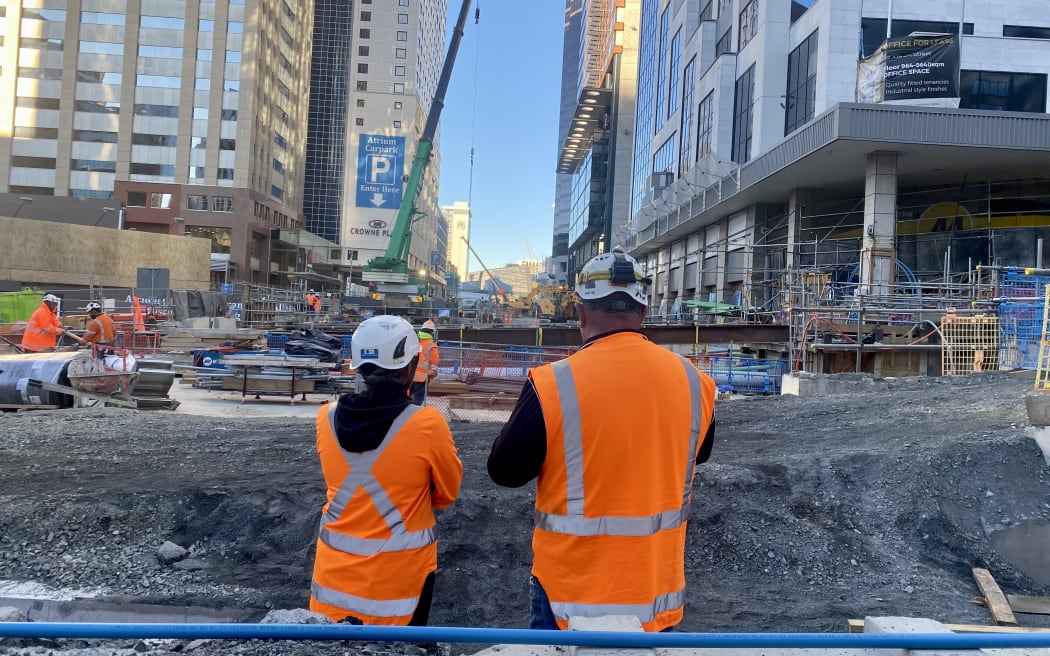
Workers are in short supply, though that could cool in the face of economic slowdown Photo: RNZ Pacific / Lydia Lewis
Record high wage growth and close to record low unemployment are likely to be the headlines of a fourth quarter labour market report due on Wednesday.
Expectations are for unemployment to remain at 3.3 percent or possibly a touch lower, with modest job growth, while wages are likely to increase the most since the current series began.
The employment numbers have often been a lottery to forecast, but they will be important for the Reserve Bank's (RBNZ) first monetary statement in three weeks.
Westpac acting chief economist Michael Gordon said the labour market remained too tight, with low unemployment stoking wages and adding to cost pressures.
"If so, this would mean that unemployment has held at more or less the same low level for a year and a half straight - as good an indication as any that the economy has hit the wall in terms of spare capacity."
The pandemic added to an already tight labour market with businesses struggling to retain and recruit skilled staff, forcing them to pay higher wages even before the surge in inflation last year prompted wage demands to keep pace with the rising cost of living.
Economists expect private sector wages to have risen by a record 4.3 percent in the year ended December, with an alternate measure pointing to an annual rise of around 9 percent.
Slowdown mid-year
But that could be as good as it gets, with the labour market one of the last sectors of the economy to react to a slowdown, which points to a different picture this year.
"The heated labour market is set to cool this year. It must if the RBNZ is to return inflation back to its target," Kiwibank chief economist Jarrod Kerr said.
He said there were already signs the slowing economy was having an effect, with surveys showing businesses slowing their hiring, fewer jobs being advertised, and some bigger firms, such as The Warehouse, already shedding staff.
ASB senior economist Mark Smith said the easing market would be more pronounced later in the year.
" pending recession for the NZ economy should result in firms scaling back their demand for labour."
That along with growing numbers of immigrants would ease labour market pressures and help the RBNZ's battle against inflation.
"As such, we expect the New Zealand unemployment rate to climb from record lows and approach 5 percent by the end of this year. This should temper wage increases and significantly dampen pressures on core inflation," Smith said.
But in the near term, the RBNZ expected to raise the official cash rate by at least another 50 basis points to 4.75 percent, on 23 February.
"Cooling inflation and growing spare capacity in the labour market should eventually see the RBNZ cut the OCR toward circa 3 percent neutral levels. We see the start date as being 2024 rather than later this year."






